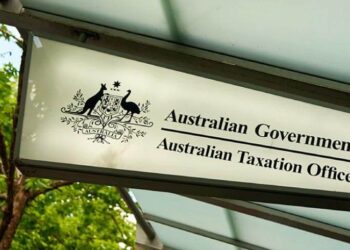ASF Audits executive general manager, technical services, Shelley Banton said ensuring SMSF fund assets are valued at market value is extremely important in light of the impact of COVID-19.
“We’re definitely going to see some trustees struggle to provide us with market evidence of market value, which means we’re going to need to asses the audit evidence in conjunction with the requirements set down by the ATO,” Ms Banton said.
“COVID-19 should be considered a significant event, and therefore, we need to question the types of audit evidence we’ve been provided with and also what the date of that audit evidence is as well.”
Speaking at the SMSF Association Technical Day, Ms Banton said that some of the litigation cases against SMSF auditors have also impacted how SMSF auditors look at the market value of high-risk assets.
“In both those cases, the SMSF auditors were held liable for losses in the fund for not having any evidence on file to verify the existence and nature of the assets, let alone market value,” she explained.
“This is a basic requirement under ASA 500 which charges the auditor to design audit procedures to obtain sufficient audit evidence. As a result of these cases, we have seen a renewed focus on audit procedures and we’ve also seen new ones developed in order to mitigate litigation risk.”
While ASF Audits has not changed its procedures in relation to market value, Ms Banton said there always seems to be confusion as to what’s required, which will only increase during 2020 and beyond as SMSF professionals and clients try and navigate through the new requirements under the COVID-19 pandemic.
The first place trustees or professionals should look for further clarity on the issue, she said, is QC 26343 on the ATO’s website.
“The valuation guideline there provides us with a list of valuation requirements for a variety of events such as preparing the fund’s financial statements, collectible and personal use assets, related-party transactions and commencing a pension,” she noted.
“It provides SMSF trustees with the assurance that if they do follow the guide, the ATO will accept that valuation provided.”
Speaking in the same session, ATO SMSF auditor portfolio director Kellie Grant said where trustees are experiencing difficulty obtaining valuation evidence due to the impact of COVID-19, they should still attempt to obtain that objective and supportable evidence where they can.
“[However], we have released guidance to say that where trustees are impacted by COVID-19 and can’t get that evidence for a particular reason, then the auditor should just note that in the ACR in the description part of the form when they report the event and we will look to take a more lenient approach in regard to that particular breach,” she stated.


